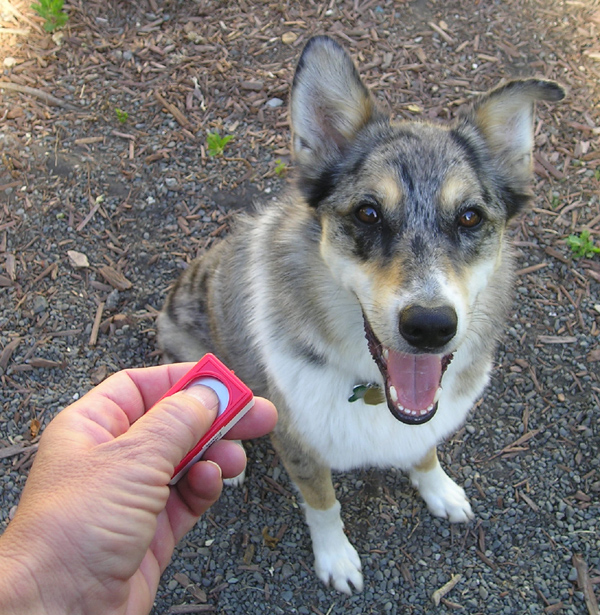Key Difference – Associative vs Cognitive Learning
Associative learning and cognitive learning are two types of learning related to the process of acquiring knowledge. While they share similarities, there is a key difference between them. Associative learning refers to a type of learning where behavior is connected to a new stimulus, whereas cognitive learning is defined as learning processes in which individuals acquire and process information.
Key Takeaways
- Associative learning links behavior to a new stimulus and emphasizes connected experiences.
- Cognitive learning focuses on mental processes, and individuals acquire and process information both consciously and unconsciously.
- Associative learning can take place through classical and operant conditioning, while cognitive learning is influenced by social cognitive and cognitive behavioral theories.
What is Associative Learning?
Associative learning is a type of learning where behavior is linked to a new stimulus. It suggests that our ideas and experiences are connected and cannot be recalled in isolation. Psychologists believe that our learning is generally a connected experience. According to them, associative learning occurs through two types of conditioning: classical conditioning and operant conditioning.
The concept of conditioning came from the behavioral perspective in psychology. Psychologists such as Pavlov, Skinner, and Watson emphasized that human behavior was an essential feature in psychology. They demonstrated how behavior can be altered or new behavior can be created with the help of new stimuli from the surrounding environment. Associative learning follows this line of thought.
Through classical conditioning, Ivan Pavlov showed how a completely unrelated stimulus can create a response in an organism using a dog and a bell. Pavlov demonstrated how a conditioned response could be created for a conditioned stimulus.
In his operant conditioning experiments, Skinner showed how rewards and punishments can be used to train new behavior. Associative learning examines this pairing of a new stimulus with behavior.
What is Cognitive Learning?
Cognitive learning is defined as the learning processes where individuals acquire and process information. Unlike associative learning, which focuses on behavior and external stimuli, cognitive learning centers on human cognition.
Cognitive learning theories suggest that people learn things both consciously and unconsciously. When consciously learning, the individual makes an effort to learn and store new information. Unconscious learning occurs naturally.
There are mainly two types of cognitive theories: social cognitive theory and cognitive behavioral theory. The social cognitive theory posits that personal, environmental, and behavioral factors influence learning. In contrast, Aaron Beck’s cognitive behavioral theory highlights how cognition determines an individual’s behavior.
What is the difference between Associative and Cognitive Learning?
Definitions of Associative and Cognitive Learning:
Associative Learning: Associative learning is defined as a type of learning in which behavior is linked to a new stimulus.
Cognitive Learning: Cognitive learning refers to the learning processes where individuals acquire and process information.
Characteristics of Associative and Cognitive Learning:
Focus:
Associative Learning: The focus is on the impact of new stimuli.
Cognitive Learning: The focus is on mental processes.
Types:
Associative Learning: Classical conditioning and operant conditioning are types of associative learning.
Cognitive Learning: Social cognitive theory and cognitive behavioral theory are two theories that explain cognitive learning and the various variables involved in the learning process.
